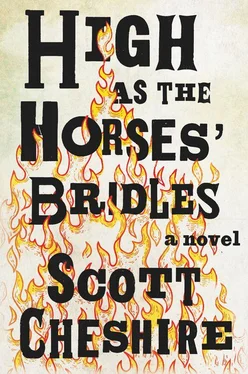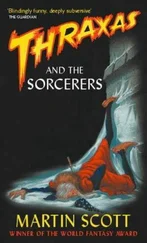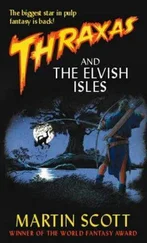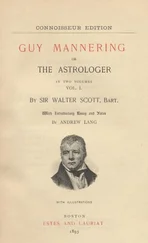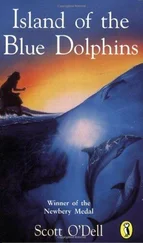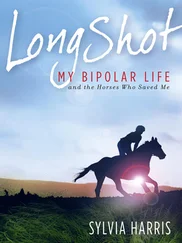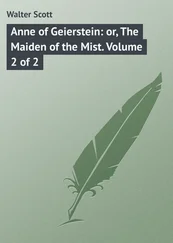Yet Mom was now more tired than ever. Dad was convinced we simply weren’t doing enough.
Hence the backyard sacrifice.
We bought the dried cherries, and lots of other stuff, and we went home, and before making hamburgers on the backyard grill, the spring light still high in the sky and looking more like morning than night, Dad piled his produce on the metal grill grates. The box of cherries first, and everything else tumbled and piled on top. He squirted the stack with lighter fluid, and told me to not be afraid. He lit it. And the fire burned high and fast while he said a prayer out loud. Not as dramatic as a bloodletting, but it would do. It had to. The air smelled of sugars and charred fibrous vegetable skins and the cardboard box and brown paper bag it had all been brought home in. Dad raised his arms and his hands, and threw back his head in complete supplication, a desperate and sincere plea: Lord, please listen to my heart. His eyes were closed. But mine were open, because I couldn’t look away from what I suddenly realized was a pretty girl in the backyard right behind ours. She was tossing her head back and forth to music I couldn’t quite make out, coming from a boom box on the back porch. This was Bhanu. And I was changed. The answer to our prayers, and Dad was missing it.
Bhanu was Bangladeshi, and she and her family had moved in just days before. I didn’t even know the family living there previously had left. There had been no children in that house, only an older Irish couple and the husband’s aging parents. I didn’t know their names. Bhanu became the only thing that could take my mind from Mom, and from Issy and the constant question of where he was. Things no longer made sense, and I could think of nothing but that. Plus, thinking of Issy made me not think of how sick Mom was. Bhanu changed all that. She was alive, and lovely, and from the very moment we met I would think of little else but her.
She saw our fire, Dad and me standing beside it.
Then Dad fell to his knees, and he tried to get me to fall down, too.
She approached the fence. She waved.
But I did not wave back.
Why not? Was I embarrassed? Absolutely. I was seeing myself and my father through someone else’s eyes, and it was strange. We were strange. I knew this now. Then again, I was coming to know it more and more with every passing day in school, because strangeness can pass in grammar school, in fifth grade and sixth grade — but in junior high and high school? Not a chance. And they’re made for that reason. Junior high and high school train a child and make him understand, follow the general social contract, et cetera. Strangeness of any kind, any deviance at all, will be amplified and shouted from the gymnasium rooftop and blared over the loudspeaker system. I was the Jesus Freak, the Preacher Kid, and this was the case because Havi — who I never spoke a word to ever again, and truly and shamefully wished cruel things upon throughout my teenage years — was in my school. He had nothing to do with the Brothers in the Lord anymore, and had decided the best way to make room for his hallway swagger was to tell everyone in the school who would listen, including teachers, deans, and the janitorial staff, that I was “Jesus crazy,” and that I gave a sermon saying the world was going to end soon and that his best friend, Issy, would die even sooner. And remember that kid who disappeared, he would say? That was my best friend. Josiah’s a freak.
At lunch, there were safety tables for all, every tribe and stripe. But not for the Jesus freaks. I became even more of a loner. It would be a long time before I understood how addictive and dangerous sadness can become, but at the time I reveled. My mother was ill, my father was a mystery to me, and I could not stop thinking about the unexplainable loss of my friend.
Regardless. I should have waved to Bhanu. I should have, because that one simple wave could have saved me years of trouble, of all that time trailing her like a sick dog on a very long leash. I followed her at school. I followed her in the neighborhood. I threw balls and Frisbees over the fence into her yard just to have a reason for climbing and standing on possibly the same spot where she had once stood. And I hoped to see into her window. I once braved walking right up to their house. I looked into a kitchen window just as her mother stuck out her head to hang a sheet from a clothesline. She didn’t see me. I dove behind a small shed and froze for what seemed like hours. Until she shouted out to Bhanu to please go out back and roll up the water hose like she’d been asked to. I checked to see if she was looking — she’d ducked back inside — and I jumped the gate into their next-door neighbor’s yard and ran for my life. I also once stood behind her at a corner deli, holding a small grape drink and praying she would not say hello to me. She bought a pack of black licorice — the only thing I found unattractive about her, which in itself made the licorice attractive, because clearly I was wrong — and an orange juice. She paid, and she turned and said: “Hi, Josie.” Josie? I’d never heard the name before, and now I wanted to wear it like a suit of armor. After she shook her head, she said, “You’re so weird.” She left the store, and I stood there looking into the space she had just taken up, at the air itself, the dust in the air, like a cutout shape of her, until the woman behind the counter said, “You buy.” Later, I bought black licorice and, just as I had expected, thought it horribly bad. One week after that, I bought black licorice and orange juice. I ate them together, in my mouth at the very same time, like two kinds of medicine at once; it was disgusting. But I finished it. I was in love.
Or what felt like love. Who knows what it is when you’re young? I mean, real love has a long-burning fuse, but those first flares burn like hell. And they hurt, and snuff out all too soon. She would have nothing to do with me at all, I assumed. For years. But it didn’t really matter. Because everything else fell away. School. Bullies. Issy. Even cancer. Love is a lot like faith, because you surrender yourself, fully, and with no expectations. There is hope, yes, but never expectation.
It was years before I finally opened my mouth and said hello back. This was in high school, and I found her smoking in the lower stairwells with the Goth girls and the metal girls, all lips painted black but hers. Christian Death and Slayer band patches on their denim jackets and backpacks. I was entranced. They all seemed so evil and romantic. I was fifteen.
Inspired, I said: “Hello.”
She started laughing, and said, “Took you so long. He lives on my block!” she said to the girls. They could barely stop giggling.
One of the girls high-fived her, and said, “Isn’t he that freak? Aren’t you, like, a preacher?”
Another girl said, “No, he’s the one with the mother. His mother has, like, cancer.”
Bhanu said: “Shut up.”
I sat with her at lunch that day. And we talked. This may have been the first time I actually talked with someone at lunch, or at least talked without worrying for my life, that some metalhead, or some jock, or some other misanthrope in hopes of scoring points with normals would trip me on the way to my table, or hit me with an empty milk carton, or ask me what I was looking at. It was glorious. In the fast-working ecosystem that is high school, here I was, a boy sitting with girl, a pretty girl, and having lunch. I wasn’t such a freak after all. Things would get better. We walked home that day, and she said Goth was stupid, but Slayer was cool, and the girls were mostly smart and she liked them okay. We shared from a 25-cent bag of potato chips, and I tried to place her particular and lovely smell — and then one day, a long time later, this was years and years later, I was offered a coconut milk to drink, and I smelled it, and time caught me up like a trap. Here was Bhanu.
Читать дальше
